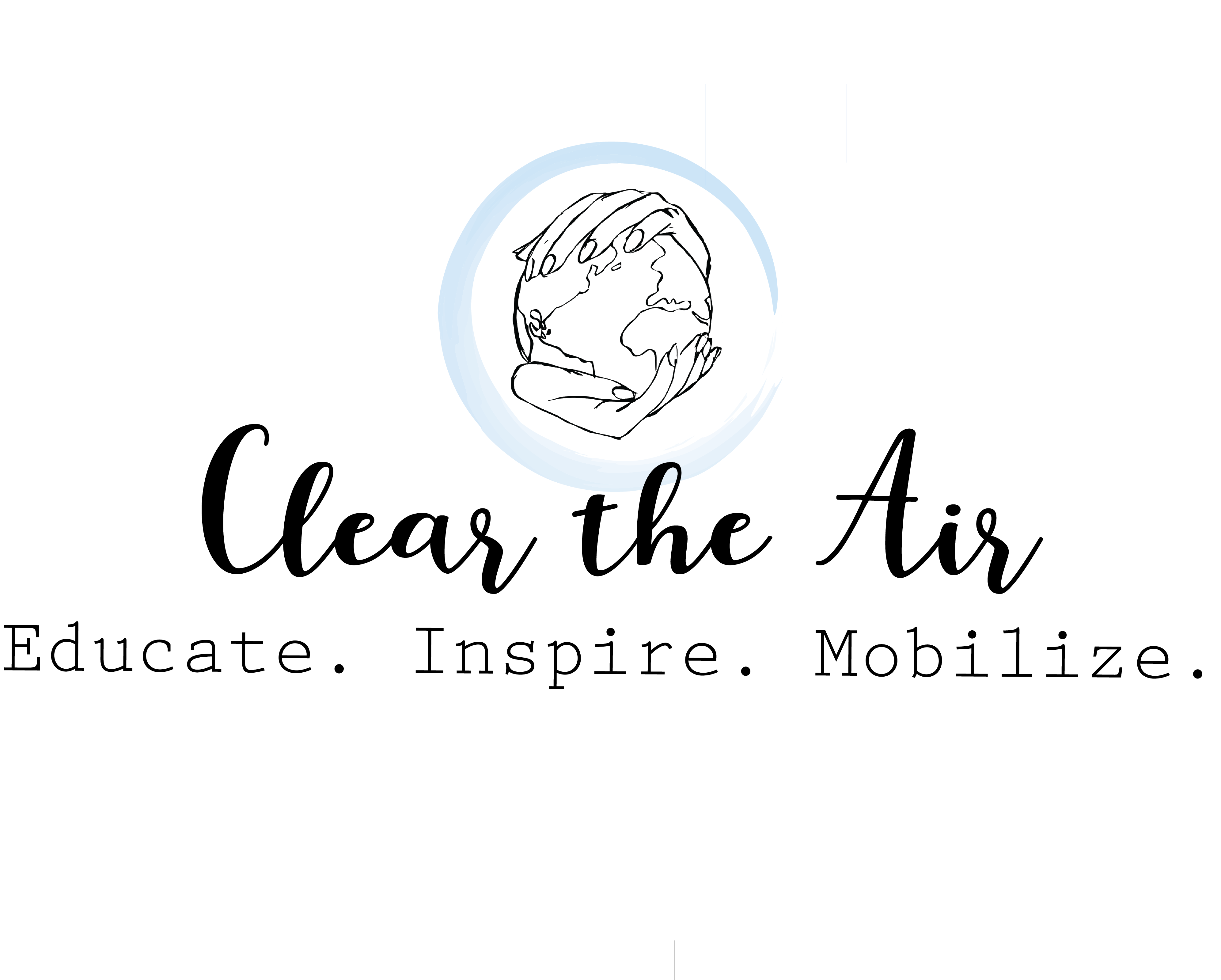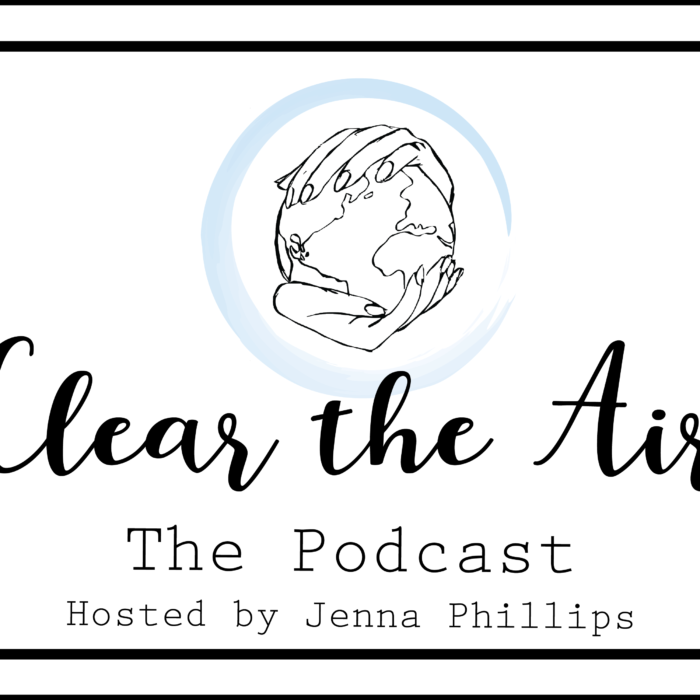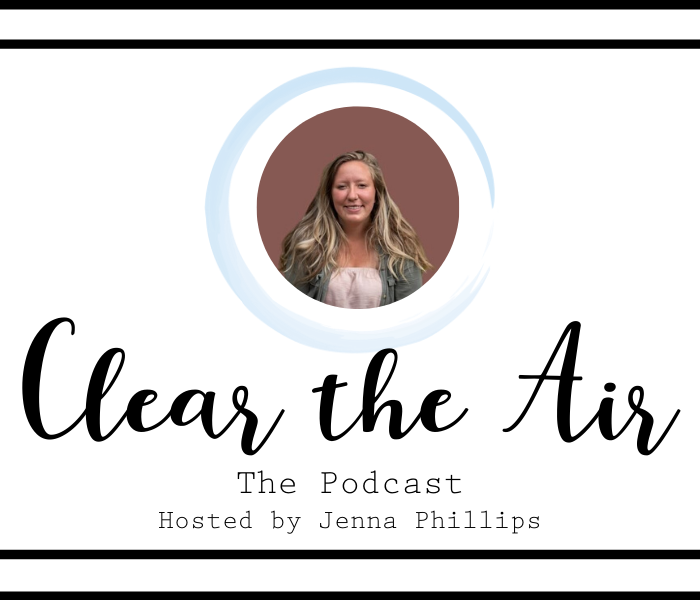Let’s talk about privilege.
If 2020 could have been described in one phrase (pandemic aside), it would be “check your privilege.” The past year has been a monumental time for social change, a global movement for social justice. I guess the pandemic has to be considered during this because privilege plays a lot into how at-risk you are to contracting COVID-19 and suffering the indirect impacts of it (e.g. restrictions on trade routes = food insecurity for isolated communities). Likewise, the Black Lives Matter movement addresses the systemic injustices of our hierarchical society. So does the Wet’suwet’en protests, with a history trailing back to the colonial injustices imposed on First Nations across Turtle Island. Even the virtual climate strikes that occurred throughout the year, with young people demanding change for future generations who do not have a voice right now. These examples, among so many others during 2020 and throughout history, reflect a common theme: privilege.
What does privilege mean?
The Merriam-Webster dictionary defines privilege as “a right or immunity granted as a peculiar benefit, advantage, or favour,” and especially “such a right or immunity attached specifically to a position or an office.”
In other words, privilege means that someone benefits from an action, service or process because of a status they hold, which is deemed as important or good in society.
So how does one become “privileged,” or what determines a certain trait in a person to be “important” or “good”? In the infamous words of my roommates, we don’t have time to unpack ALL of that. Privilege comes from long-standing social structures, particularly dating back to the early colonization of many lands by white settlers. This colonization ultimately led to white-ruled societies, in which your skin colour determined the types of jobs you could have (if any), where you lived, where you could shop, or where you could even feel safe and at home.
As modern society evolved, we also began to view people differently based on their sex, age, physical abilities (i.e. whether you had a physical disability or not), mental abilities (mental illnesses), sexual orientation, education and so on. What this amounts to is a society shaped to benefit a very few select individuals who meet the precise criteria of an “important” or “good” person. This happens to be a society suited to white, cis-gendered, straight, affluent men. Those who fit some of these criteria but not all will gain some benefit over others. I am white, cis-gendered, straight and middle class, and I identify as female; I definitely have a LOT of privilege in comparison to other individuals, but there will always be others placed “above” me, mainly because I identify as female. Ultimately, we live in a world where white affluent males dominate. Everyone else is left to fend for themselves.

What does privilege not mean?
Importantly, having privilege does not mean you are a bad person. It also does not mean you are ignorant to it – ignorance depends heavily on your social environment. Are people TALKING about privilege? Are there social justice movements going on around you? Are you following social media accounts that promote social equity, that shows diverse faces and opinions? If you live in a community where diversity and open conversations are uncommon, ignorance is probably a common theme. However, the more diverse your community, the more open they are and demanding of change, the harder it is to be ignorant. I can assure you that I could not write the blog post a few decades ago without heavy criticism and censorship. I can also assure you that if I wasn’t living in such a diverse community, attending a university with a large international population and working/studying in a field where diversity is a core value, I would not be writing this blog post, either.
Additionally, privilege does not mean you cannot or should not do anything. Once you are aware of your privilege, CHOOSING ignorance is problematic. You are ignoring a problem because it does not affect you, and it is this ignorance that allows things like racism, sexism, and other forms of discrimination to continue. You cannot believe in equity or promote social justice if you ignore your privilege. You may not like the feelings that are stirred up when you think about your privilege – maybe you feel guilty, ashamed, embarrassed, angry, or another negative emotion you do not enjoy – so you try to suppress it. Suppression of your own emotions allows others to be suppressed. That may sound dramatic, but it’s not.
Lastly, if you have privilege, it does not mean you are trapped. You can use this privilege to create change. We’ll delve into this a bit more shortly, but as I always say, we need EVERYONE to contribute to action to create change – this includes creating social equity.

why we need to acknowledge privilege - going deeper.
The problem with privilege is that it often goes unnoticed by those who have it. The phrase “ignorance is bliss” describes this well. When you are treated well, you don’t think anything is “wrong” with the world. When you have a lot of money, you don’t worry about being able to afford food, as millions do. When you’ve never been harassed on the street, you don’t worry about it happening again. Historically, it takes experience as a disadvantaged person to recognize how society puts those with privilege on a pedestal, high above everyone else. If you don’t have that experience, you don’t know it exists or how it affects people.
I definitely am not the worst off in the world – nothing near that. It’s not until you experience the opposite side of privilege – the lack of it, I suppose – in a situation that you realize how embedded it is in the way we think, act, and view the world. It’s moments like when my Airbnb host (a white woman) turned to my partner to share the Airbnb rules because “he is the man so he has the brains” (yes, she said this directly to us) that you see how privilege affects our lives. Or when one customer is treated better in a store than another because of the colour of their skin, or how they choose to self-identify, or a particular religious garment they choose to wear.
Despite the disadvantages I face, every day I am aware of the privilege I do have, and how it benefits me in this modern world. When people point out my privilege and how it has benefited me in society, I never disagree with them. They are right. This article is correct when it says if you deny or get defensive when someone acknowledges your privilege, you don’t fully understand it. If you say “but it’s not my fault!” yes you are right, you cannot help the body you were born in and you cannot help what has happened historically to make you privileged today, but you CAN help how you choose to accept it and allow it to influence you in your life.

HOW does privilege relate to climate change?
As I mentioned in this post, climate justice is closely intertwined with social justice. Those who will be impacted by climate change first and most severely tend to be those with the least amount of privilege. Think about isolated rural communities on small island developing states (SIDS), communities up north in the Arctic Circle, First Nations, those in poverty, those with disabilities, homeless individuals – you get the picture. Those with the least amount of resources, money – privilege – are the least protected and the most vulnerable to the threats of climate change. Unsurprisingly, they are also the ones contributing to the problem the least. Those with privilege tend to be the ones accelerating climate change, yet are the most ignorant to the threat they are intensifying because they are privileged enough not to feel its effects directly – at least for now.
what do we need to do to change this? what can i do?
To eliminate social injustice, fight climate change and create a prosperous future, we first need to start acknowledging our privilege. Once we do that, we need to recognize how it influences our everyday life – from the ways we commute to the places we work to the people we interact with to how safe we feel walking on the streets. Privilege influences everything we do in some way, shape or form.
Once we acknowledge it and see how it impacts our lives (and others), only then can we create change. If you don’t know the root cause of a problem, no solution will solve it if that solution only scratches the surface.
We need to talk about privilege. This can be very uncomfortable, especially when you are the one benefitting from privilege. But like I said, just because you have privilege does NOT mean you are a bad person. If anything, you can USE your privilege to make a positive change, demanding social justice from people who will listen and take action using the resources you have access to.
final thoughts
I want you to stop reading right now ask yourself:
- Do I have privilege?
- What makes me privileged?
- How has my privilege benefited me in my life so far?
- What can I do to create positive change with my privilege?
Let’s make 2021 the year that we make real, tangible progress towards social equity and social justice. One of the crucial steps will be understanding our privilege and striving to bring every person to an equal place, regardless of their skin colour, gender, sex, age, religion, education and other differences. No, this process will not happen in a single year. Or even two years. But let’s use the momentum building right now to make dramatic progress towards a positive future.
For next steps, I encourage you to do some further reading and exploration of your privilege. Follow intersectional accounts on social media; diversify your feed. Have these tough conversations about privilege with family members and friends. See what resources and groups are in your community that you can tap into to create change. Do some self-educating – check out these resources to get started (1, 2, 3).
As I mentioned, I am coming from a very privileged state when I write this. I would love to hear others’ thoughts on privilege and this blog post in the comments. If you have other resources, please share those as well!
I hope this blog post has educated you and made you reframe your thinking about privilege, your place in society, and how your thoughts, actions and views influence the world around you.
Until next time.





